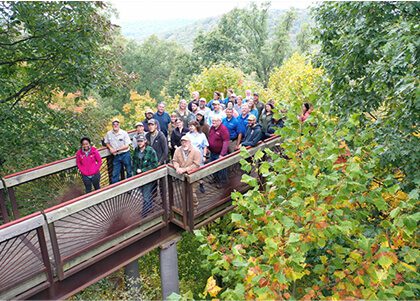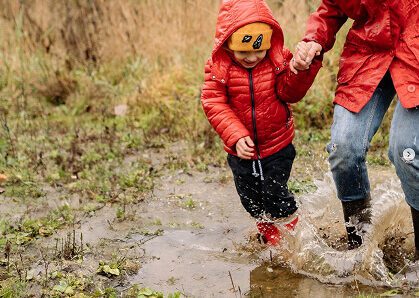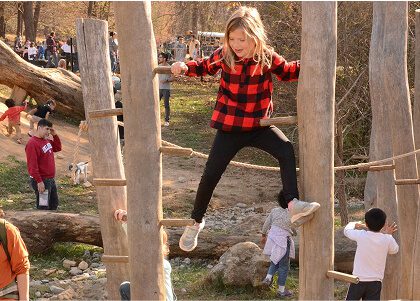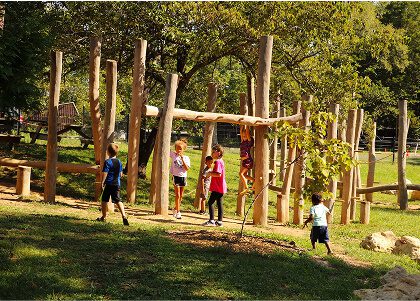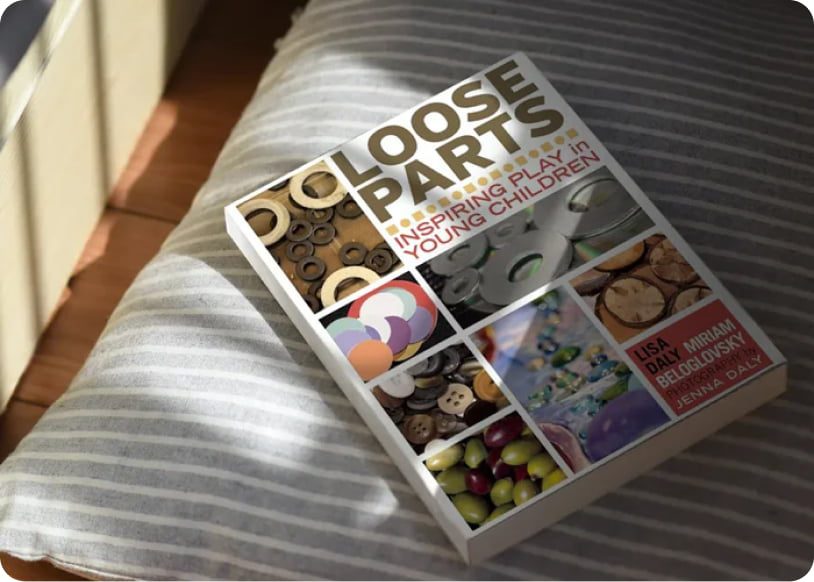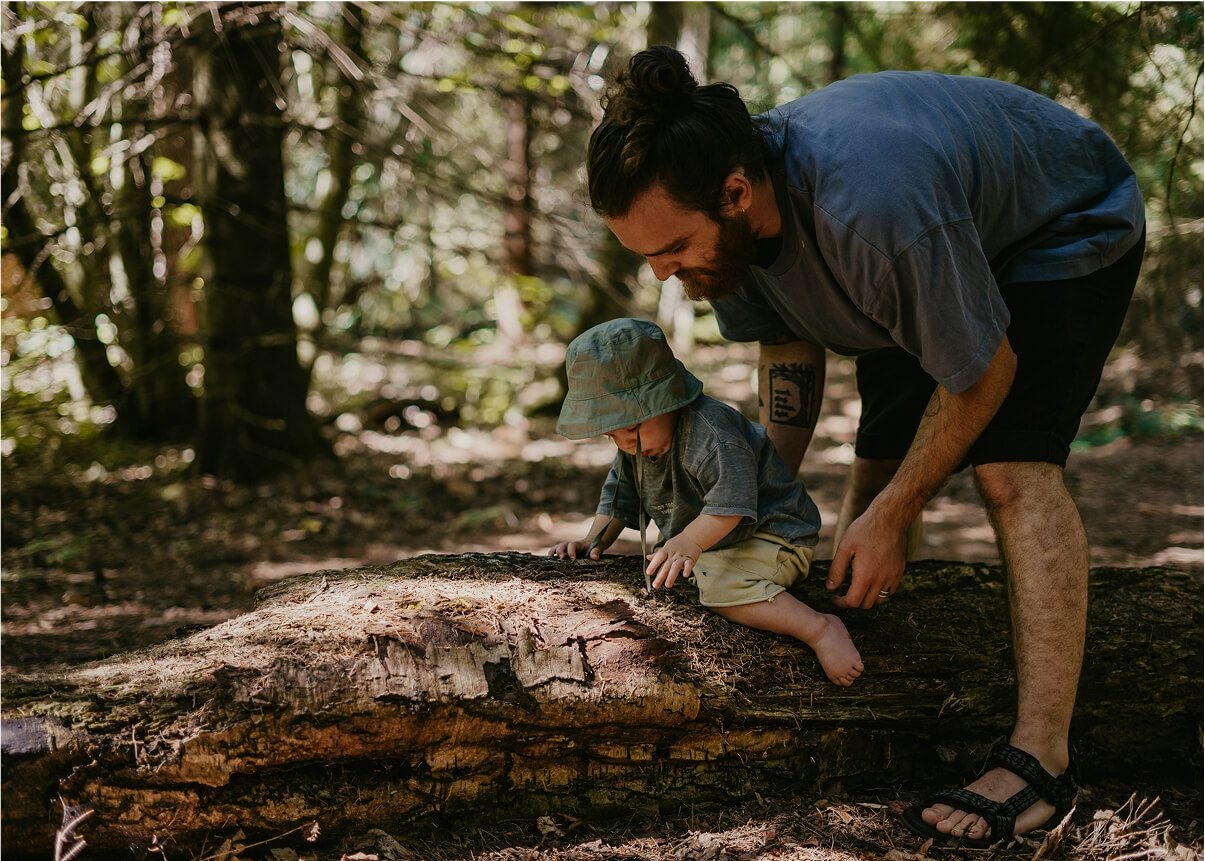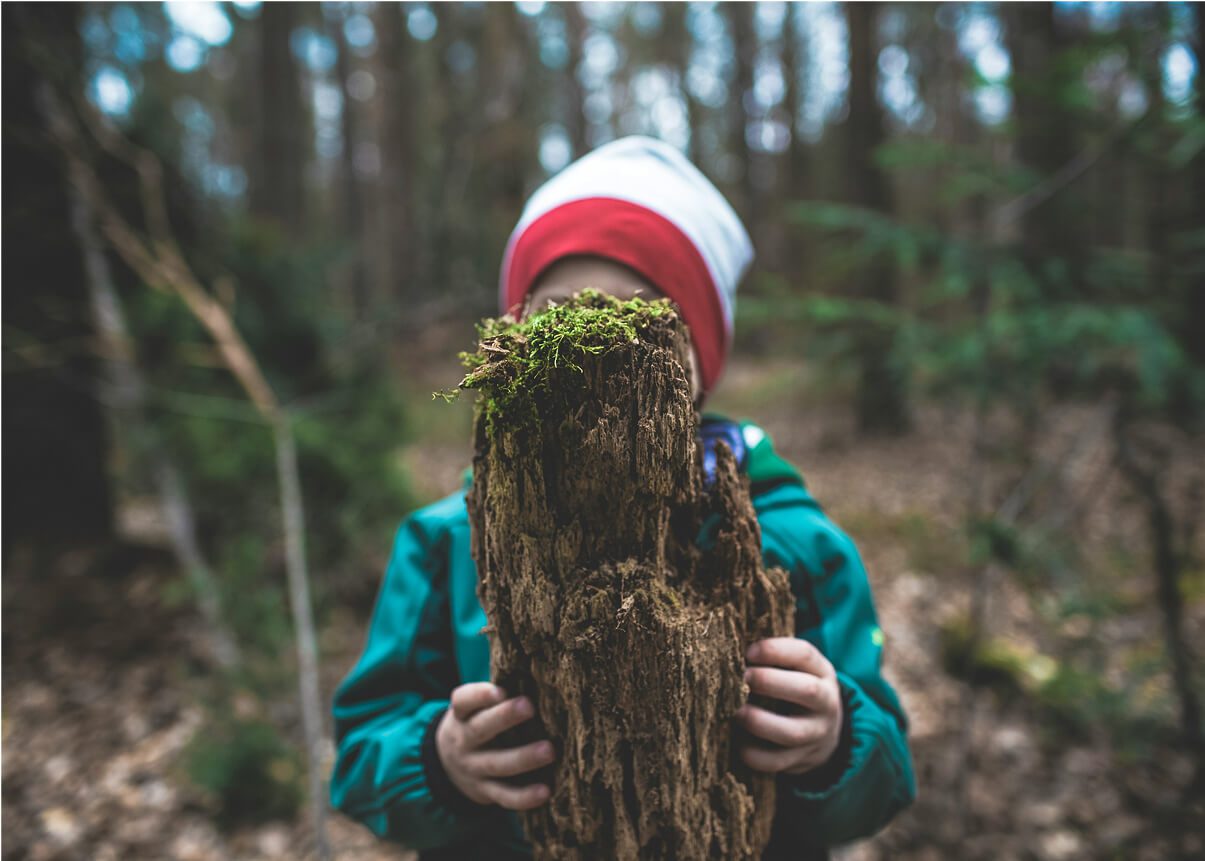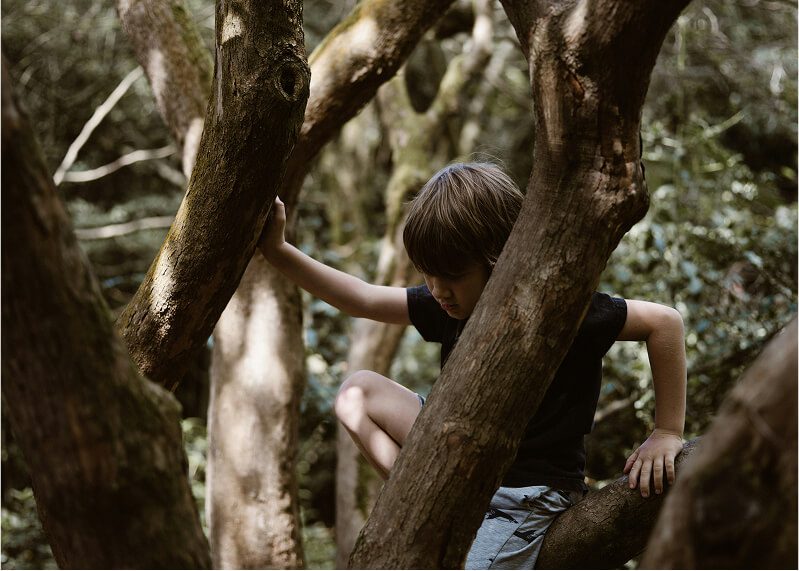Loose Parts: Inspiring Play In Young Children created an international phenomenon that brought the concept of Loose Parts to the conversations on play and learning. This book has been translated into multiple languages and has won several awards and recognitions. Including: Tillywig Award Winner 2015, Brain Child.
The hundreds of inspiring photographs showcase an array of loose parts in real early childhood settings. And the overviews of concepts children can learn when using loose parts provide the foundation for incorporating loose parts into your teaching to enhance play and empower children. The possibilities are truly endless.
